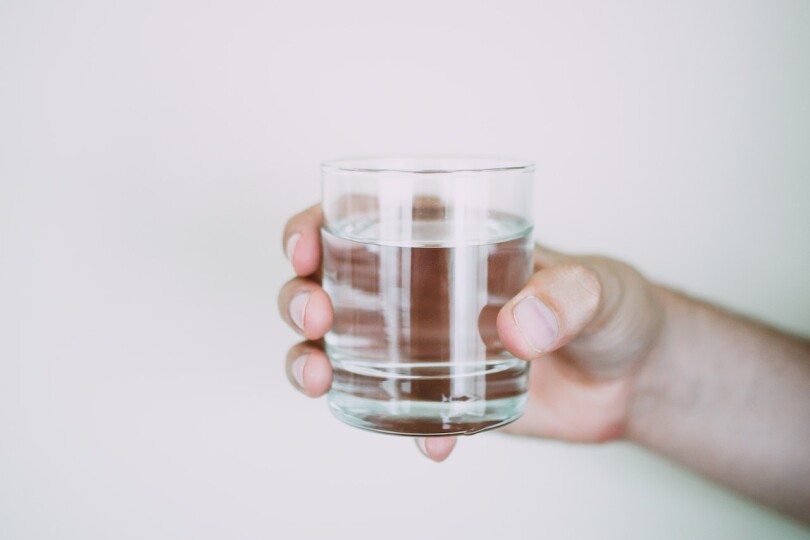Why Is the Gulf Attracting Climate Tech Businesses?
28 Jun 24
Enviro ChatThe Global News Source for the World of Science and Chemicals
12 May 2023
Enviro Chat
Speaking at the UN General Assembly in late March, the Emirati Minister of Climate Change and Environment (MOCCAE) stressed that responsible management of water resources going forwards is a “must”. Mariam al Mheiri’s words came at the UN’s first water summit in almost 50 years, as she urged her fellow policymakers to give “the best of us” and drive “concerted action” in these “times of crisis”.
Her exhortation comes against a backdrop of erratic weather patterns, more frequent and more extreme climatological events and unreliable precipitation patterns, as well as a steadily increasing human population and dwindling water reserves. As such, the situation is concerning on a global scale, but it’s particularly problematic for a region as arid as the one in which the UAE is situated.
Home to approximately 578 million people, the Middle East and North Africa (MENA) accounts for around 7.2% of the global population. However, the desert landscapes and scant rainfall which characterise it mean that it enjoys just 1.4% of the planet’s renewable fresh water supplies.
As a result, UNICEF estimates that some 41 million people in MENA are not able to access clean and safe drinking water whenever they need to, while even more (66 million) have no provision for basic sanitation services. Clearly, the region is under severe threat of drought, famine, disease and many other issues caused by water shortages. While relatively affluent compared to some other nations in the region, the UAE is not immune to these challenges.
Indeed, water scarcity might be most pronounced in MENA, but it’s undoubtedly a worldwide problem. According to statistics compiled by the UN, 25% of the global population (roughly two billion people) are without safe drinking water, while double that figure lack basic sanitation services.
That dire state of affairs has elicited a sharp response from the Secretary General of the UN Antonio Gutierres, who labelled mankind’s consumption of the most precious resource on the planet “vampiric” at the same summit at which al Mheiri made her plea. Climate change, considered by many people to represent the most significant challenge of the modern age, is only projected to exacerbate the problem further.
In the face of these impending crises, it’s clear that the world must pull together to ensure that our remaining reserves of H2O are treated with the respect that they warrant. This means minimising use as much as possible, reducing pollution where we can and finding new ways to make more with less.
Technology has a key role to play in all of this. Given that agriculture is responsible for 70% of all freshwater consumption at the present time, modernising farming methods should make the industry as efficient as possible. Meanwhile, green energy and carbon-reducing innovations can help to curb contamination, while concepts such as desalination, filtration nanotechnology and membrane chemistry can all serve to maximise the water at our disposal. Our survival literally d
DOWNLOAD PDF

2 Day Seminar Program
@ ArabLab+ 2024
24 & 25 September 2024
Your stay in Dubai
Labkit
Product News
Chemkit
Product News
Thinking about exhibiting at ARABLAB 2024? Watch our video to find out more.
Join the world’s leading organisations…
Join our mailing list and receive the ARABLAB newsletter and event updates.